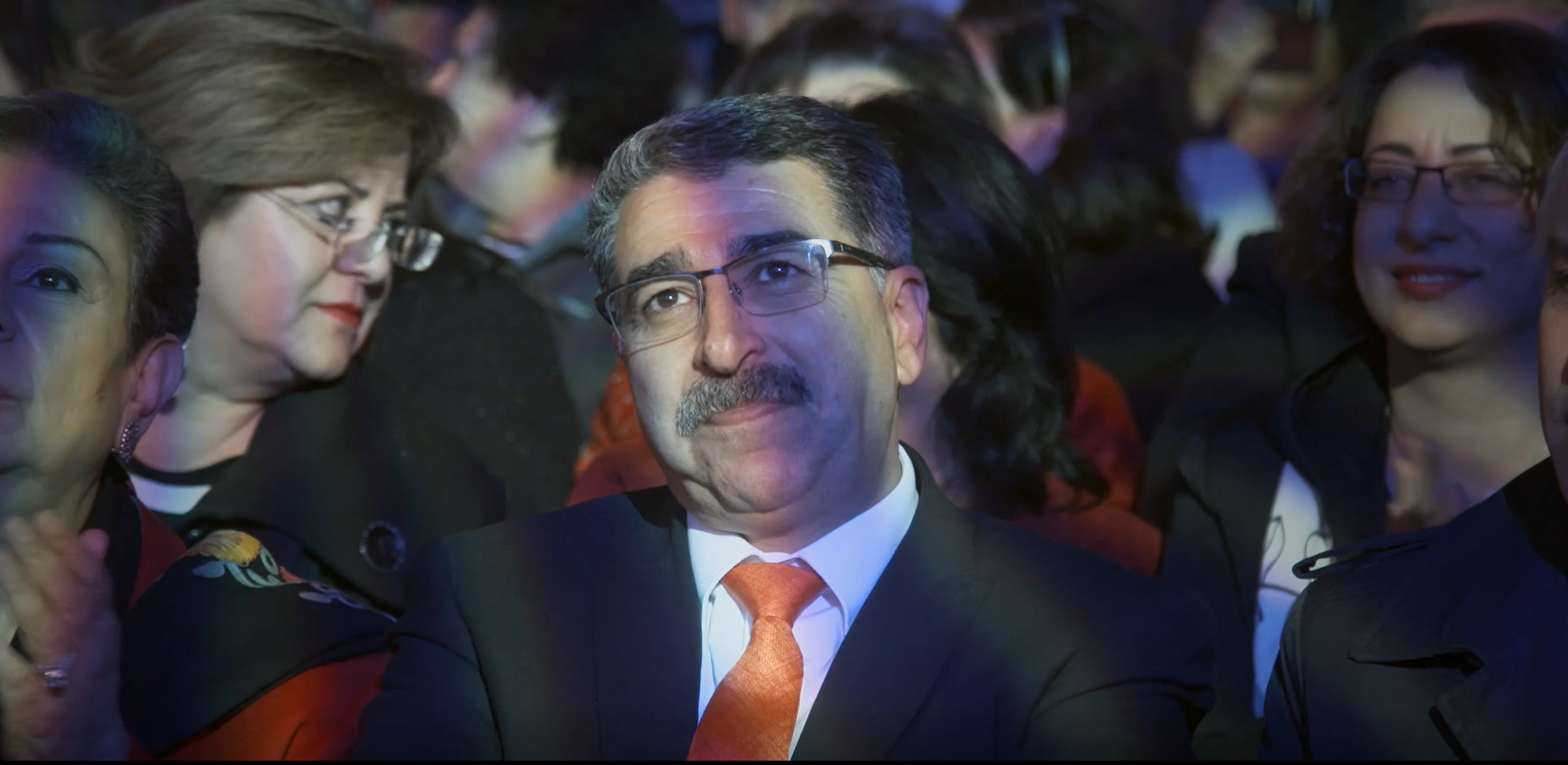
Film summary
Introduction
This guide is designed for people who want to use Mayor to engage and inspire family friends, classmates, colleagues, and communities in honest, though challenging, conversations. It is an invitation for dialogue that requires preparation before you and your community dive in as well as a commitment for all participants to be fully present. Conversations that invoke experiences of political violence and exclusion; and/or feelings of belonging, safety, and identity can be difficult to begin and facilitate. This resource offers support and structure to guide the process. In contrast to debates in which participants try to convince others that they are right, this guide envisions dialogue undertaken in a spirit of openness and active listening where divergent viewpoints are heard and responded to with care and respect.
Individuals and communities may also come to the conversation using Mayor with varying degrees of knowledge, as well as dynamic and different experiences. The discussion prompts are intentionally crafted to help a wide range of audiences think more deeply about the topics in the film. Rather than attempting to address them all, choose the questions that best meet your needs and interests. And be sure to leave time to consider taking action.Planning next steps can help people leave the room feeling energized and optimistic, even in instances when conversations have been difficult and/or uncomfortable. Whenever possible, please consider a closing activity that gives participants an opportunity to offer gratitude to one another before closing.
About the Authors
Blueshift is a team of education specialists with background in environmental and social impact work. The team recognizes and builds on the power of documentary film in reaching broad audiences to spark energy for deep and lasting social change. The team works with filmmakers, photographers and writers to develop innovative educational strategies, experiences, tools and resources that bring stories off the screen and into viewers’ lives.
 Jardines Discussion Guide
Jardines Discussion Guide  The Body Politic Discussion Guide
The Body Politic Discussion Guide  Between Goodbyes
Between Goodbyes  Your Opinion, Please
Your Opinion, Please